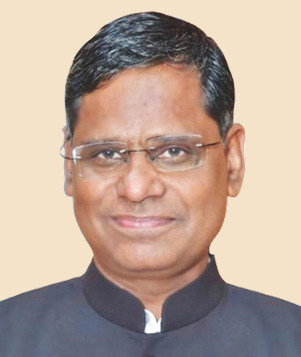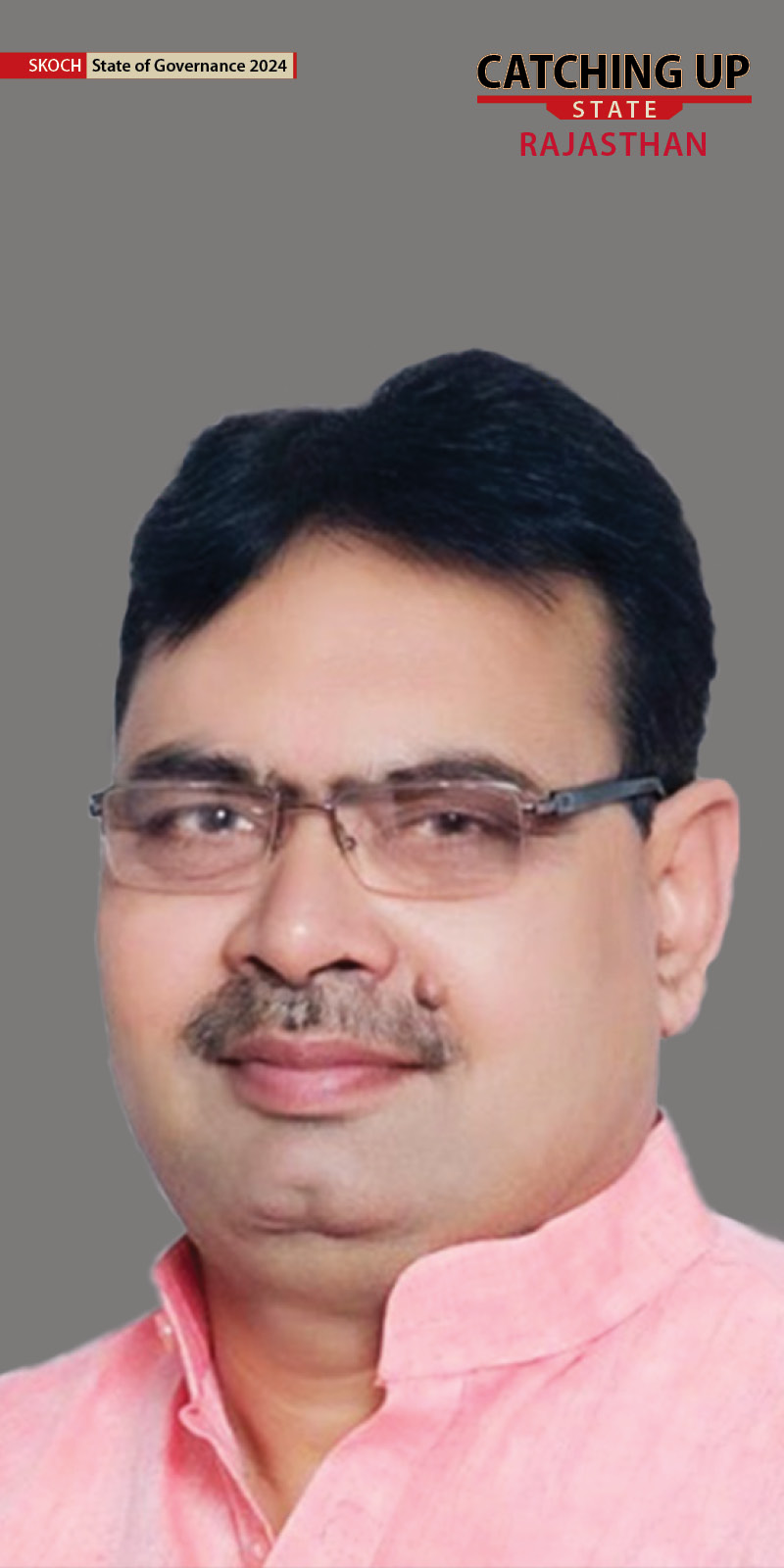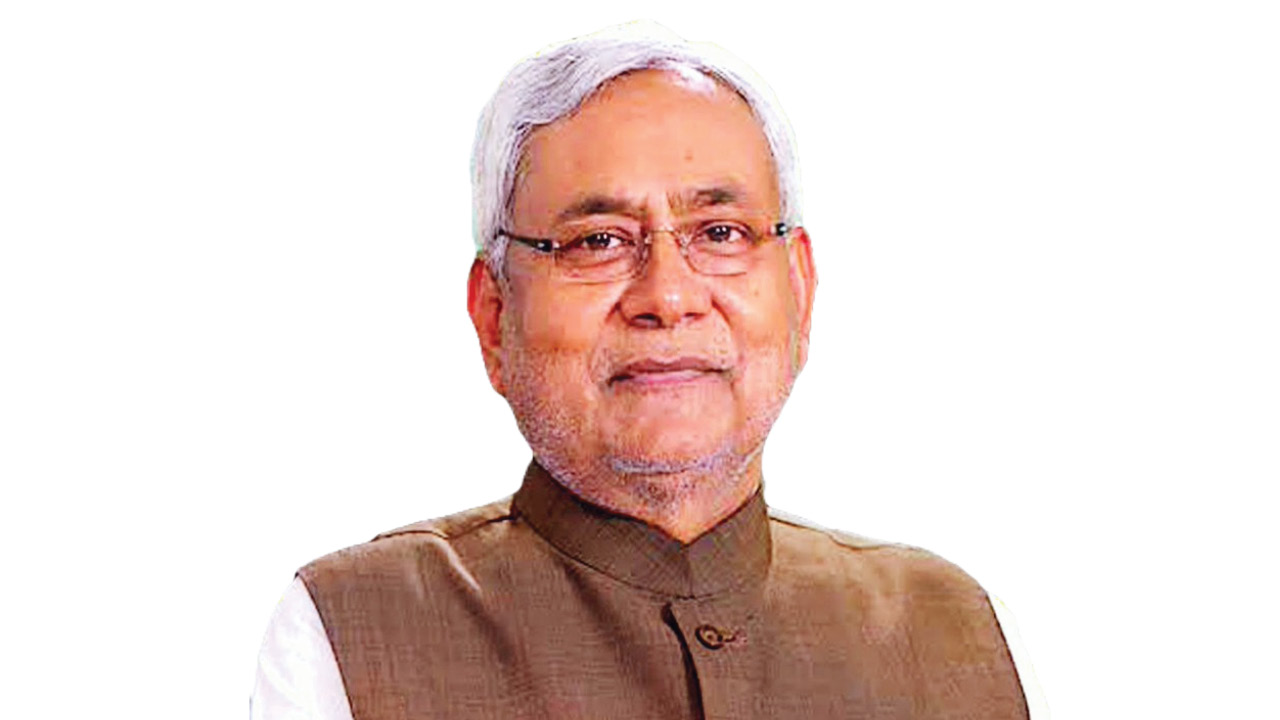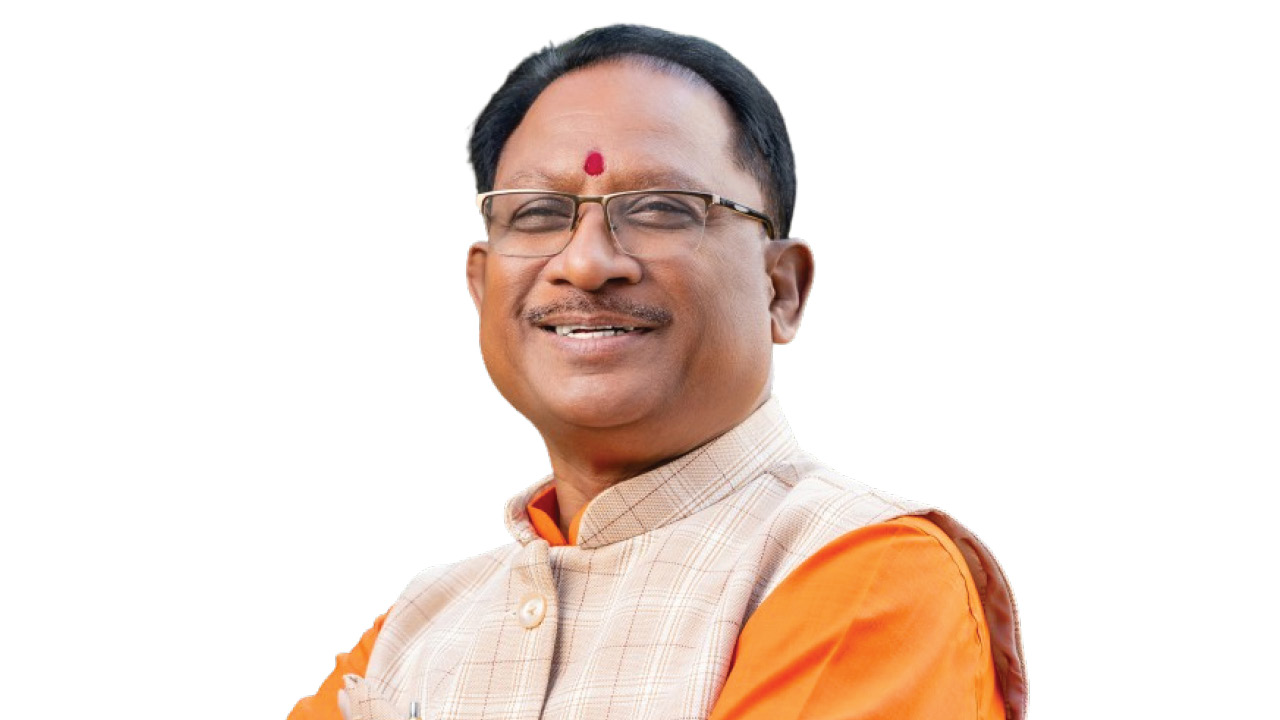The state of Rajasthan has demonstrated significant progress in both governance and fiscal management, ranking 13th on the SKOCH Governance and 12th on the Fiscal Health Index released by NITI Aayog in 2025.
The state has excelled in General Administration, Police & Safety and Municipal Governance, while also making a comeback in Finance, Agriculture and Revenue sectors. However, fiscal sustainability remains a challenge, requiring strategic reforms. The state ranked #2 in General Administration, #4 in Police & Safety and #6 in Municipal Governance nationally. The state can however improve its good governance and welfare initiatives in Power & Energy sectors as well as focus on district-level projects.
On the fiscal front, Rajasthan has shown strong revenue mobilisation, with State Own Tax Revenue growing at a CAGR of 8.7% (2018-23) and a 16.8% increase in 2022-23. Non-Tax Revenue has also risen, primarily from petroleum and mining. However, debt levels remain high, with the Fiscal Deficit at 3.8% of GSDP and Revenue Deficit persisting for nine consecutive years. The increased focus on Policing and Safety as well as Administration is a step towards sustainable growth of the remaining sectors but, to ensure long-term fiscal stability, Rajasthan must diversify its revenue base, enhance tax compliance and rationalise expenditures.
State's Performance in Different Sectors in Three Years
| Sector | 2024 | 2023 | 2022 |
|---|---|---|---|
| General Administration | 2 | 6 | 6 |
| e-Governance | 3 | 1 | 2 |
| Finance | 3 | ||
| Agriculture | 4 | 3 | |
| Police & Safety | 4 | 8 | 7 |
| Health | 5 | 1 | 1 |
| Revenue | 5 | 4 | |
| Municipal Governance | 6 | 9 | |
| District Governance | 9 | 5 |
Digital Sakhi and Women Empowerment Project
The Digital Sakhi and Women Empowerment Project, implemented by Rajasthan Grameen Aajeevika Vikas Parishad (RAJEEVIKA) under DAY-NRLM, aims to bridge the digital divide among rural women by enhancing their digital literacy, financial inclusion and market access.
Despite facing challenges like low digital awareness, infrastructural limitations in rural areas, social barriers, resistance to technology adoption and sustainability concerns that necessitate ongoing refresher programmes, the project has successfully trained over 70,000 Self-Help Group (SHG) women in digital banking, online transactions and e-governance. It increased their financial independence, developed leadership with Digital Sakhis emerging as community role models and improved direct access to government schemes, becoming a scalable, community-led model for digital inclusion nationwide.
e-Girdawari Digital Crop Survey (DCS)
The e-Girdawari Digital Crop Survey (DCS), initiated by Rajasthan’s Department of Information Technology & Communication under the Digital Agriculture Scheme, modernised crop inspections by enabling real-time, geotagged digital data collection. Officially launched on 31 August 2023, following a successful pilot phase (March–July 2023), it empowered over 10 million farmers through self-registration via a dedicated mobile app. Despite challenges such as low farmer awareness requiring extensive training, complexities in integrating land records (Khasra maps) and difficulties coordinating multiple stakeholders like financial institutions, the project delivered significant outcomes. These include enhanced financial inclusion by facilitating farmers’ access to loans and insurance, improved crop forecasting through AI and satellite-based analysis and effective fraud prevention by minimising false claims and administrative delays. With future plans to integrate AI-based analytics and automate crop insurance disbursal, e-Girdawari establishes a national benchmark for digital transformation in agriculture.
Jaipur Smart City Integrated Command & Control Center (ICCC)
The Jaipur Smart City Integrated Command & Control Center (ICCC), launched by Jaipur Smart City Limited (JSCL) on 1 January 2022, under the Smart Cities Mission at a project cost of₹46.64 crore, serves over 2 million citizens by integrating waste management, traffic control, public safety and environmental monitoring into a real-time, data-driven urban governance system.
Despite facing challenges like interdepartmental coordination delays, limited public awareness hindering adoption of digital services such as smart parking and cybersecurity risks during data integration, the project achieved remarkable outcomes. These include 100% GPS-tracked door-to-door waste collection, enhanced public safety through 184 CCTV cameras assisting in 103 police cases, traffic optimisation via over 1,000 smart parking sensors, environmental benefits from 779 LED streetlights and 16 air-quality sensors and revenue generation of₹7.20 crore from 4.90 MW rooftop solar installations.
Police Public Panchayat – Community Policing Initiative
Launched on 11 March 2022, by the Rajasthan Police (Bikaner Range), the Police Public Panchayat (PPP) initiative aims to strengthen police-community relations and improve public safety, particularly in Indo-Pak border districts. Engaging 6,205 police personnel and 121,230 citizens, PPP promoted crime prevention and grievance redressal through monthly village-level meetings and safety workshops. Despite challenges like initial community mistrust toward police engagement, logistical complexities in coordinating regular Panchayat meetings and technological gaps due to limited digital access in remote areas, the programme significantly enhanced citizen confidence, resulting in increased crime reporting.
It contributed to a notable reduction in drug offenses and gender-based violence, improved transparency through social audits and fostered strong community participation. With future plans including predictive policing tools and statewide expansion, PPP serves as a replicable model for smart and inclusive law enforcement nationwide.
Advanced Data Analytics for Revenue Optimisation
The Technical Support Unit (TSU), launched on 2 August 2021, by Rajasthan’s Commercial Taxes Department, enhances revenue management through advanced AI-driven analytics and interdepartmental data sharing. Serving 8.5 lakh taxpayers and training over 1,000 government officials, TSU emphasises fraud detection, revenue forecasting and taxpayer profiling.
Despite encountering challenges such as departmental hesitance in data sharing, technological gaps impacting AI model integration and skill shortages requiring extensive digital training for field officers, TSU delivered significant outcomes. These include a 25% growth in State GST revenue (an increase of₹6,230 crore) through improved compliance, enhanced decision-making via real-time dashboards offering instant access to compliance reports, efficient fraud detection using AI models to identify high-risk businesses and robust capacity building in data analytics.
Hello Mommies Programme
The Rajasthan Police launched the Hello Mommies Programme and the Lady Patrol Team to strengthen women’s safety and community policing. The Hello Mommies Programme, initiated during the COVID-19 pandemic, created a WhatsApp-based emergency response system providing critical medical support and transport services, benefiting over 250 pregnant women with timely hospital access. Simultaneously, the Lady Patrol Team, Rajasthan’s first all-women police unit established in 2016 in Udaipur, conducted regular patrols, organised self-defense workshops and assisted tourists, effectively reducing harassment and violence in public spaces. Despite challenges like communication barriers in tracking pregnant women during curfews, coordination complexities between police and hospitals and limited geographic coverage, these initiatives enhanced public trust, empowered women officers in domestic violence and crisis management and improved tourist safety.

Rajasthan Jan Aadhaar Yojana
In December 2019, Rajasthan launched the ambitious Jan Aadhaar Yojana, a transformative digital governance initiative aimed at providing every household in the state with a unique digital identity. Governed by the Rajasthan Jan Aadhaar Authority Act, 2020, this landmark scheme assigns a 10-digit family ID and an 11-digit individual ID, revolutionising how citizens access government services, direct benefit transfers (DBT) and financial inclusion initiatives. As of June 2025, 1.9 billion transactions have been done.
Public skepticism emerged early due to uncertainty around immediate tangible benefits, requiring extensive community outreach and awareness campaigns. Significant infrastructure gaps meant the state needed substantial investments in advanced IT systems, data centers and kiosks statewide. Resistance from traditional service providers reluctant to transition to digital platforms posed further hurdles. It ensures data integrity, accuracy and fraud prevention.




